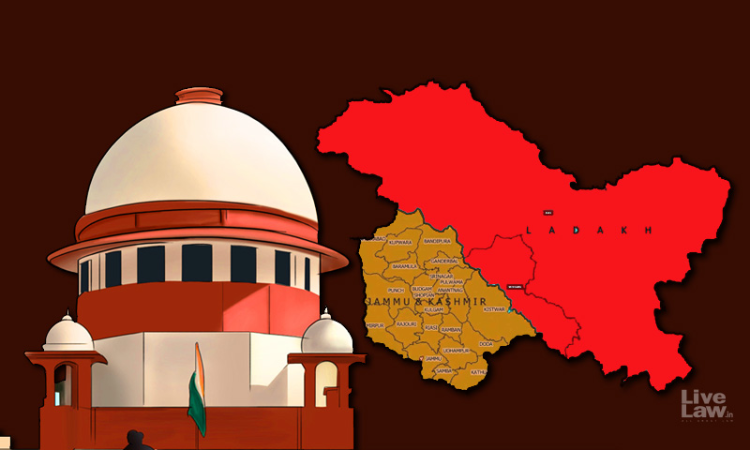Supreme Court Allows Withdrawal Of Petition Challenging Provisions Of J&K Reservation Act 2005
Rintu Mariam Biju
28 Sept 2022 2:13 PM IST

Next Story
28 Sept 2022 2:13 PM IST
The Supreme Court of India on Wednesday allowed to withdraw a petition seeking to declare certain provisions of the Jammu and Kashmir Reservation Act, 2005 and related rules as illegal and unconstitutional. A Bench of Chief Justice of India UU Lalit, Justices Ravindra Bhat and JB Pardiwala was prompted to do so after the Court was told of the developments which took place subsequent to the...
